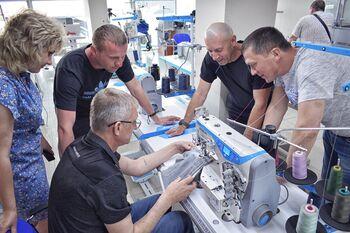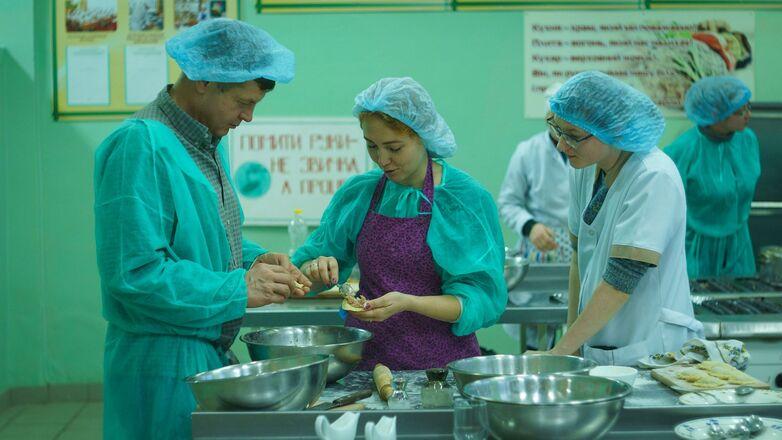Context
The conflict in eastern Ukraine has forced 1.4 million people from the Donetsk and Luhansk regions to leave their homes and settle in other regions of the country. One of the most pressing problems for internally displaced persons (IDPs) and people living in the host communities is the lack of employment opportunities. Moreover, the qualifications of the IDPs often do not match the job profiles in demand on the labour market. Women are disproportionately affected.
Vocational retraining courses are rarely geared to the needs of the labour market, nor are they equally accessible to everybody. In addition to personal and family problems, unemployment also triggers social conflicts when population groups compete for scarce jobs.
Most of the existing vocational training courses do not offer participants enough opportunities to acquire qualification profiles relevant for the labour market. Vocational schools often work with outdated equipment and curricula. Moreover, vocational education and training has a poor image in Ukraine and is not considered to be a career-enhancing option.
Objective
The employability both of IDPs and the population of the host communities in the Kharkiv, Dnipropetrovsk, Poltava and Zaporizhia regions and in the government-controlled areas of the Donetsk and Luhansk regions has improved.
The effectiveness of the reform of the vocational training system has improved. The implementation of the reform is supported in seven focus regions: Chernivtsi, Lviv, Mykolaiv, Poltava, Rivne, Zaporizhia and Vinnytsia.


